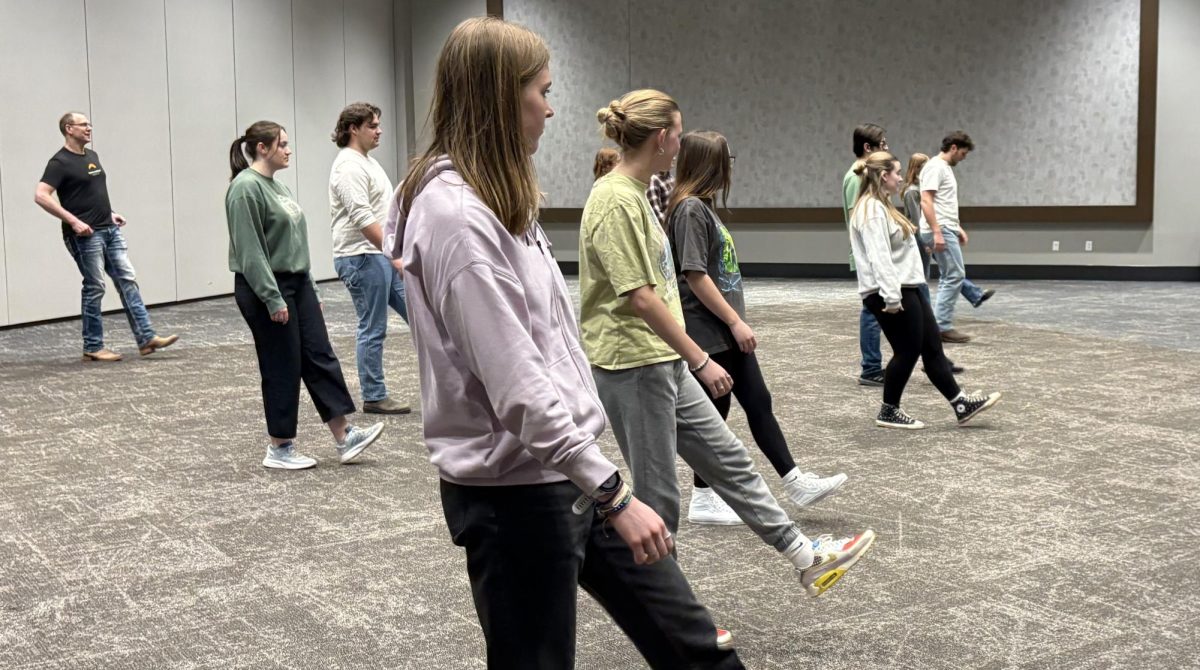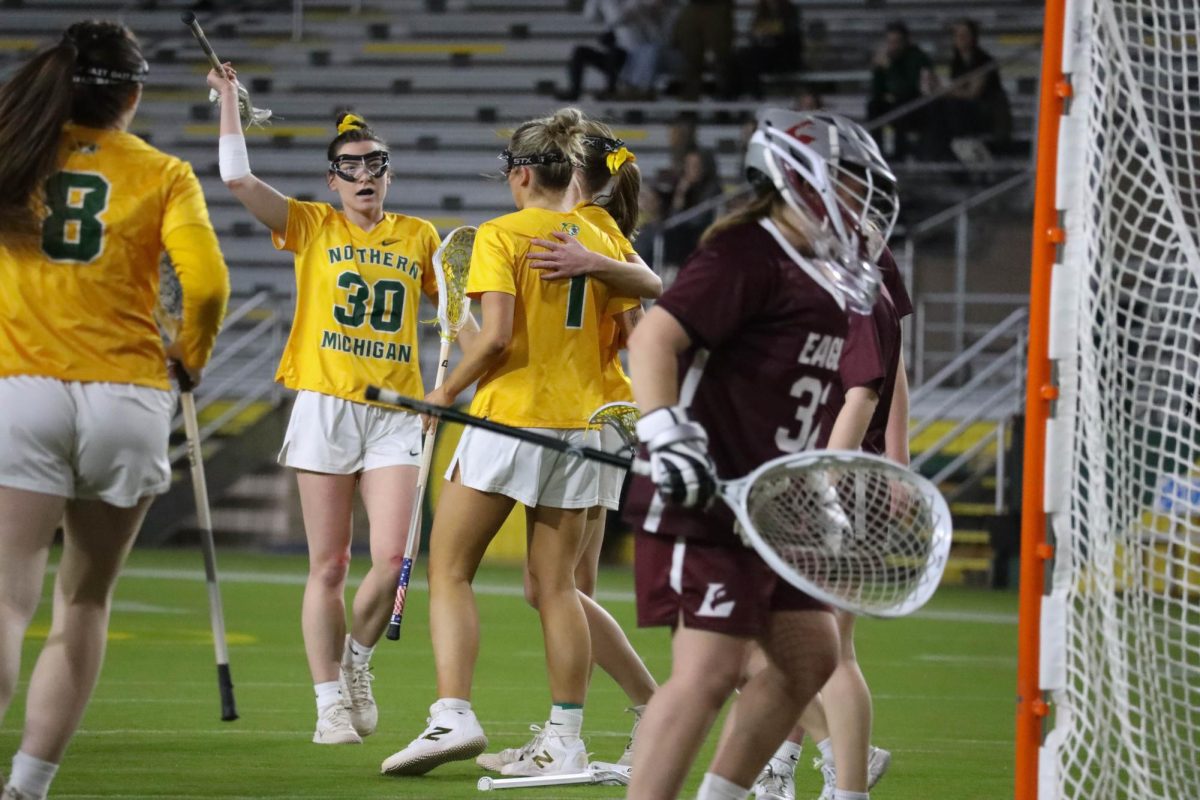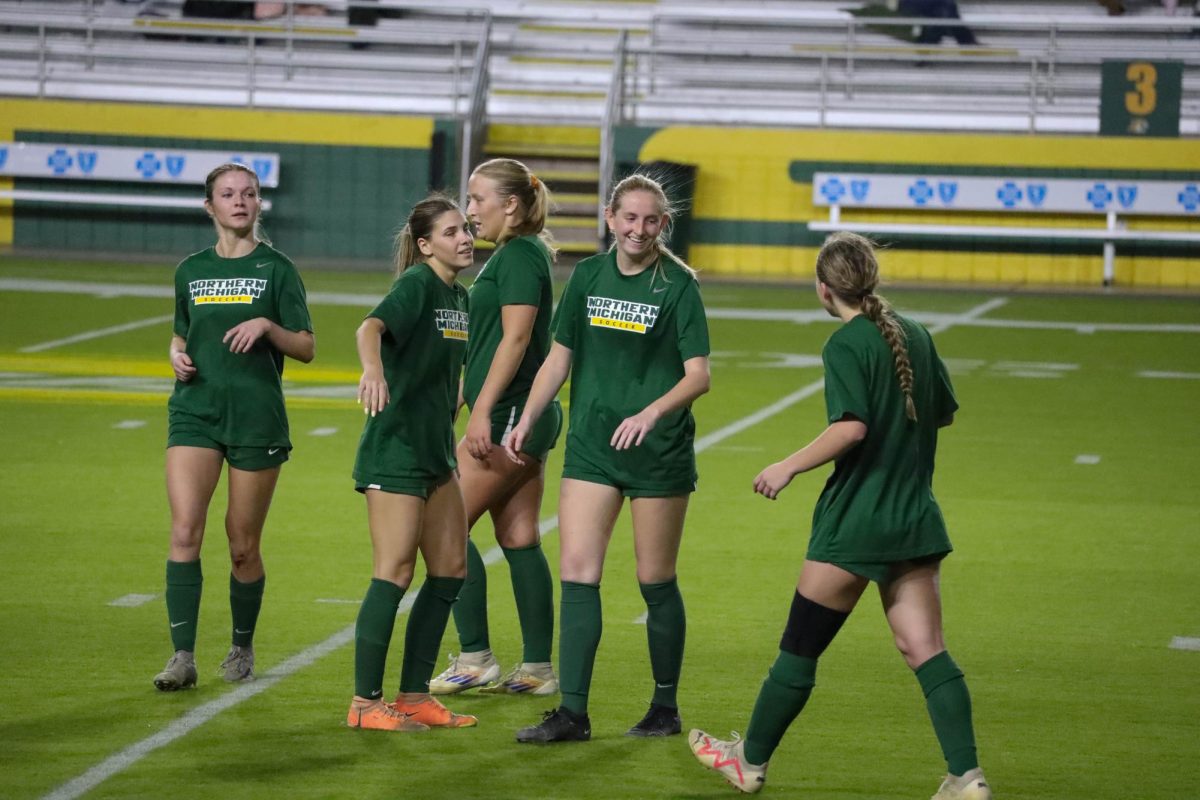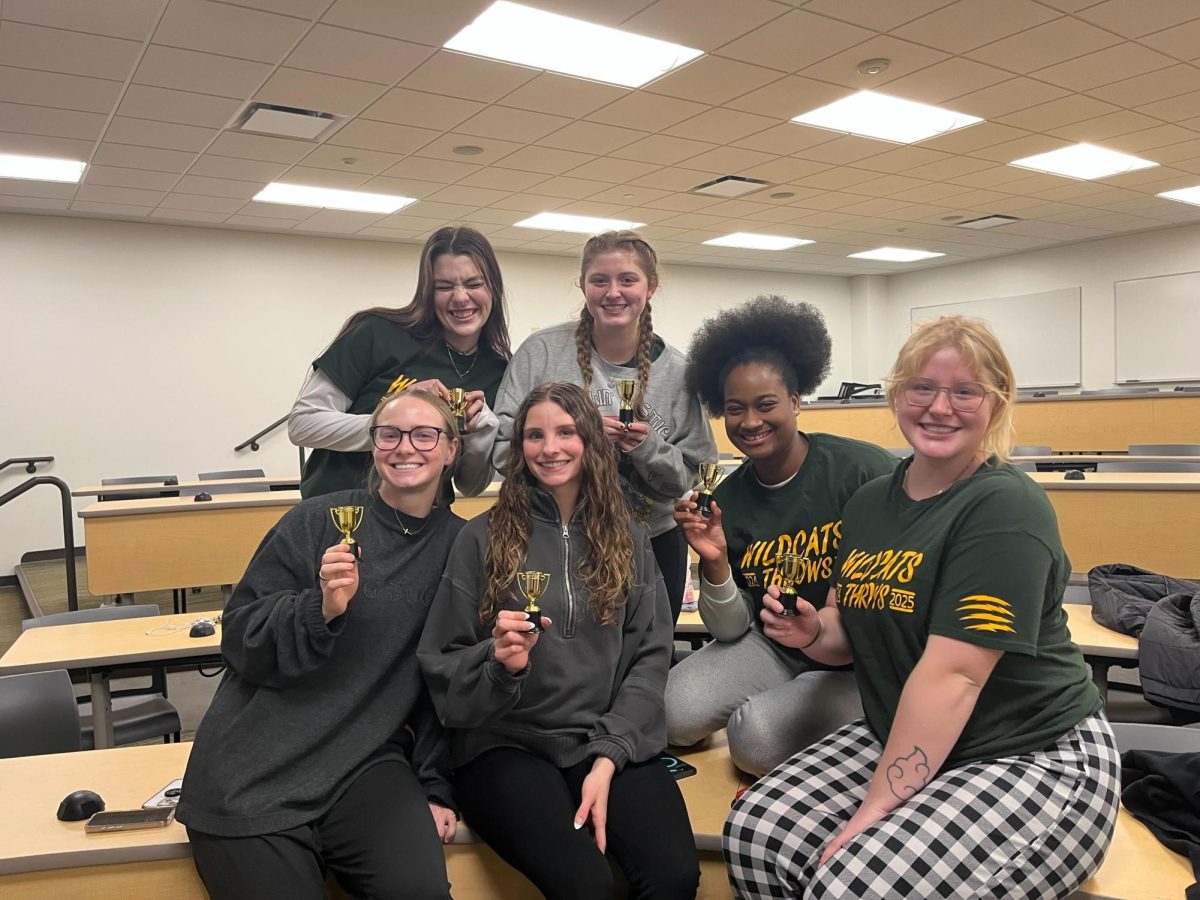Nearly 1 in 5 women in the United States have been raped at some time in their lives.
Of these victims, an estimated 79.6 percent of females experienced their first rape before the age of 25.
Victims of sexual assault at an early age often face negative health consequences that persist throughout the course of their lives. The Center for Disease Control and Prevention emphasized the importance of preventative education and coordinated services to aid victims in the wake of abuse.
The U.S. Department of Justice revealed 20 percent of student victims report their assault to the police— leaving 80 percent of victims without the help and support they need.
The staggering number of assaults and increase in complaints filed by victims seeking justice for their school’s mishandling of their sexual assault case has encouraged the Office of Civil Rights [OCR] to issue guidance and modify legislation to make campuses more safe for students.
The Violence Against Women Reauthorization Act of 2013 [VAWA] clarifies the original amendments to the Clery Act, an act in place addressing violence to make campuses safe for students.
The reauthorization requires preventative training for new students and employees and enacts additional reporting requirements for schools to collect and disclose in their annual security report.
To meet the preventative education requirements by the VAWA, Northern is planning to purchase an online program called “Campus Clarity.”
New students and employees will be required to complete the online training that will provide prevention and awareness programs on rape, acquaintance rape, domestic violence, dating violence, sexual assault, and stalking— as well as the other areas required by the Campus SaVE Act [Section 304 of VAWA], said Janet Koski, Opportunity Officer and Title IX Coordinator at NMU.
“Campus Clarity will be in place in some way, shape, or form in July,” Koski said. “There is a student aspect of it and also an employee aspect of it. The employee aspect, actually is called the “law room.””
Northern has yet to make a finalized decision as to whether they will sign with the company and establish “Campus Clarity” as their education program of choice to meet the mandated requirements. A panel of individuals, including Koski and the Director of Human Resources, Rhea Dever, will meet Thursday to determine whether the software covers all of the training requirements under the VAWA.
The regulations require the university to train new students and new employees. Current students will have access to preventative education through a variety of other means already provided on campus.
“It will be fazed in through students every year,” said Koski. “There will be other things [educational programs] that will be featured around campus to make sure all students are aware.”
“It’s going to affect students and it’s going to affect employees,” Koski said. “It’s going to affect everybody in regards to the educational programs and widespread awareness.”
The new law mandates that schools’ Code of Conduct be enhanced to include the definition of awareness program, bystander intervention, ongoing prevention and awareness campaigns, primary prevention programs, and risk reduction.
The VAWA also mandates institutions describe the different types of disciplinary proceedings and, among other things, how the institution determines which type of proceedings to use based on the circumstances of an allegation.
The revisions to be made to the Student Code to meet the new requirements were approved unanimously by the Sexual Assault Task Force and the board of trustees May 1, 2015, said Mary Brundage, Associate Dean of Students.
“The Student Code, as of the first [of May], meets the VAWA requirements,” Brundage said. “Now we have to go through and make the updates to the website which will happen sometime this summer before students come in the fall.”
The major changes to the code include the ability for the accused to have a lawyer present as their advisor of choice.
Lawyers have previously been allowed to accompany a student when criminal charges are pending. With the VAWA, lawyers now may be present when criminal charges aren’t pending.
“That [the right to an attorney when criminal charges aren’t pending] won’t change anything written [in the Campus Code] other than the fact it is specified that, only in the cases of domestic violence, stalking— everything VAWA related, can an attorney be present, but not participate in a hearing,” said Brundage.
Prior to this upcoming July 1 deadline, schools were required by the VAWA to make a “good faith effort” in implementing the new requirements. Among these requirements, schools were expected to begin collecting the number of criminal cases investigated and deemed unfounded.
At Northern, there was already a mechanism in place to gather the number of unfounded reports, said Michael Bath, Director of Public Safety and Co-chair of the Sexual Assault Task Force.
“The VAWA has solidified those mechanisms so there are actual protocols for these different things to happen,” Bath said. “We will be tracking it now for the 2016 report, which would be for 2015 statistics.”
Over 100 schools are currently under investigation for Title IX violations. The OCR is threatening to take away federal funding should schools fail to comply with the new mandates of the VAWA and Title IX.
In order to be in full compliance with Title IX of the Education Amendments, schools are expected to use a “preponderance standard of the evidence” in evaluating criminal cases such as sexual assault. Such procedural recommendations are expected to ensure students receive adequate treatment and are able to take full advantage of all opportunities available to them on campus.
Northern began using the preponderance standard [that is, on a 51 percent chance the allegations are true] after receiving a Dear Colleague Letter in 2011. NMU has not been audited by the OCR or put on the list of schools to be investigated. They may be audited in the future, however, should the department conduct random investigations, Bath said.
“It’s too early to tell whether reporting has increased as a result of the Sexual Assault Task Force, but it is anticipated Northern may see an increase in reporting next year because of the education programs being developed and the training that is going to happen,” said Bath. “I think we will see an increase in numbers nationwide.”
These reports are expected to be the result of the enhanced education of students on campus and in this way, a positive sign as more victims/ survivors are able to receive the help and support they need.
Right now, so many people are uneducated in the area of sexual assault with virtually no education whatsoever, said Sarah Hammer, senior biology student at NMU.
“Unless they take specific courses for it [that they may not know exist], they are not likely to get the education anywhere else,” Hammer said. “I feel that the information could be better communicated to the community at large and being that everything is online these days, an online educational program will be an efficient way to meet that need.”
As claimed by the White House, the number of sexual assaults decreased by 50 percent following the passing of original VAWA in 1994. The VAWA of 2013 is intended to clarify the original mandates and ultimately, provide more safety for students on college campuses.

























